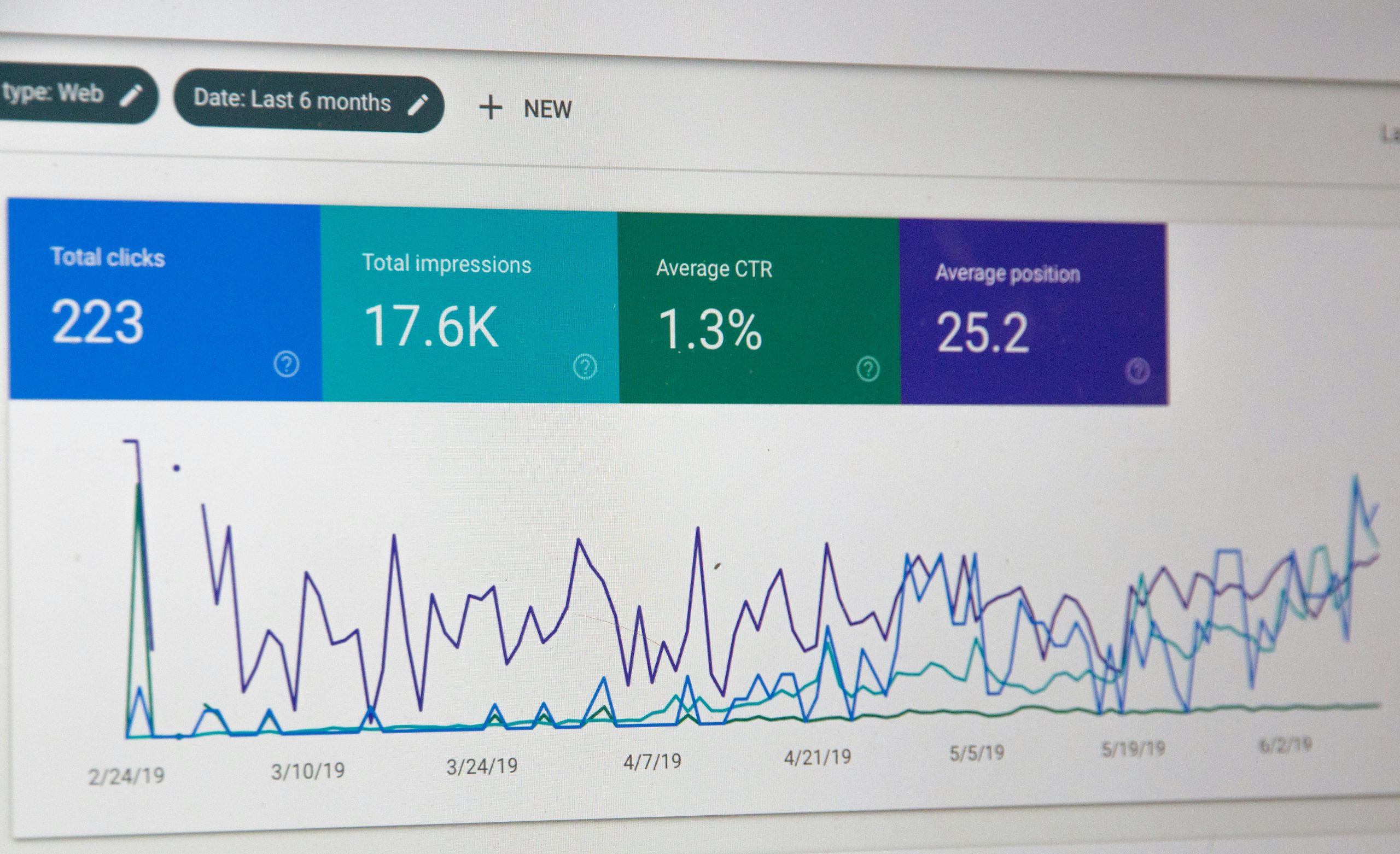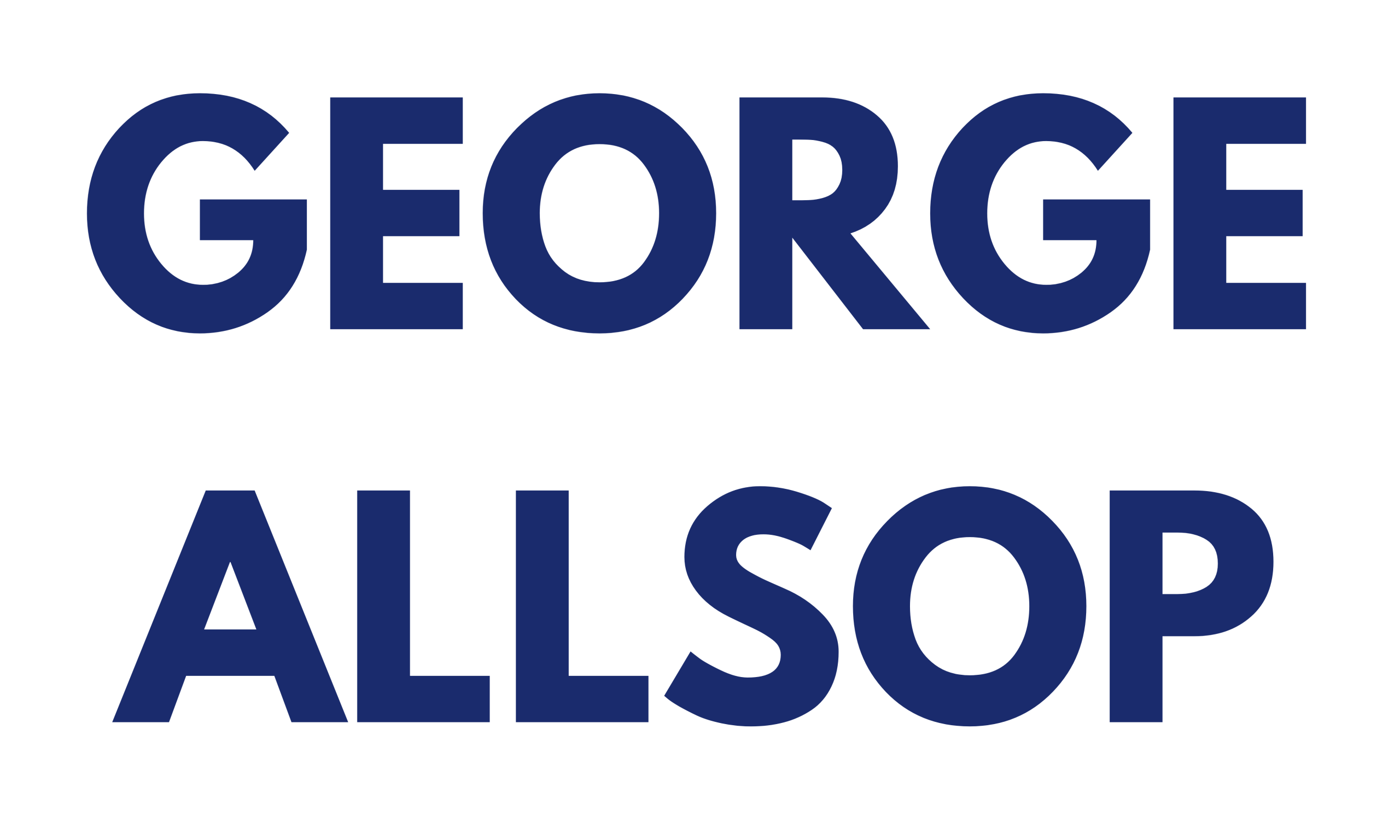A marketing consultant is a specialist brought in by businesses to provide expert advice, strategic direction, and practical tactics to help them reach their target audience more effectively and grow their customer base and revenue.
What We’ll Cover
- What do marketing consultants actually do?
- Why hire a marketing consultant?
- Common Marketing Consultant services
- Marketing Consultant vs Agency vs In-house
- Final Thoughts
1. What Do Marketing Consultants Actually Do?
A marketing consultant usually begins by reviewing your current activities, such as your website, advertising, SEO, social media, and email marketing. They assess what is working, what is underperforming, and where new opportunities lie.
From there, they build a tailored marketing strategy that may include:
-
Defining your target audience and positioning
-
Setting measurable goals and timelines
-
Choosing the right marketing channels
-
Creating or refining campaigns
-
Tracking results and making improvements
Some consultants also oversee execution, while others focus mainly on strategy and guidance.

Why Hire a Marketing Consultant?
Businesses work with marketing consultants for several reasons:
-
Specialist knowledge – Access to expert skills without the cost of hiring a full-time senior marketer.
-
Fresh perspective – An objective view of your business and new ideas that your team may not have considered.
-
Flexibility – You can work with a consultant on specific projects, for a short period, or on an ongoing basis.
-
Cost efficiency – Often more affordable than a full agency or in-house team.

Common Marketing Consultant Services
A marketing consultant may offer a wide range of services, such as:
-
Marketing strategy development
-
Brand positioning and messaging
-
SEO and paid media strategy
-
Social media planning
-
Content and campaign development
-
Customer journey mapping and marketing funnels
-
Analytics and performance reporting

Consultant vs Agency vs In-house
It helps to understand the difference between a consultant, an agency, and an in-house hire:
-
Consultant – Offers strategic expertise and guidance, flexible support, and independent insights.
-
Agency – Provides full-service execution with larger teams and resources, often at a higher cost.
-
In-house – A dedicated employee who lives and breathes your business but may lack the variety of experience an external expert brings.

“It’s important to develop a marketing strategy to maximise opportunities and reduce wasted spend. Bringing a marketing consultant into your trusted circle will help you to learn the scope and depth marketing – and how it can help you to grow.”
George Allsop
Founder of Visibility & Autopilot
Final Thoughts
A marketing consultant brings clarity, structure, and proven strategies to help your business grow. Whether you are just starting out, looking to refine your approach, or ready to scale, working with a consultant can help you save time, avoid wasted budget, and achieve results faster.

